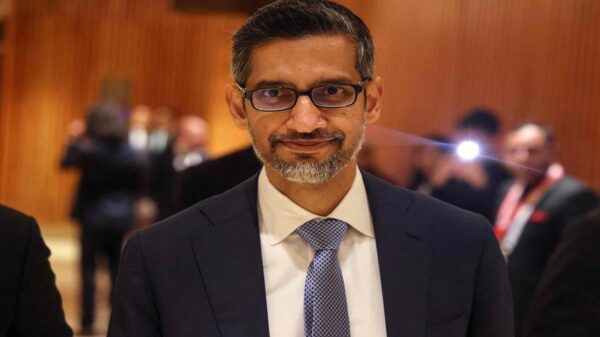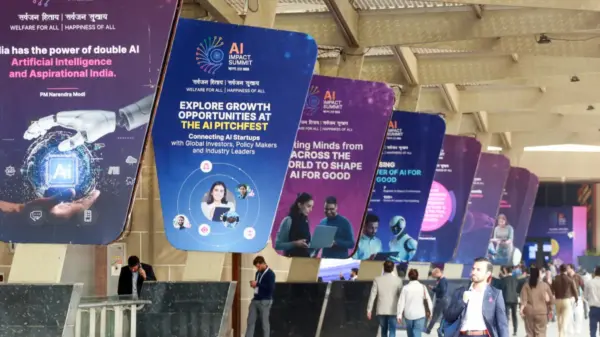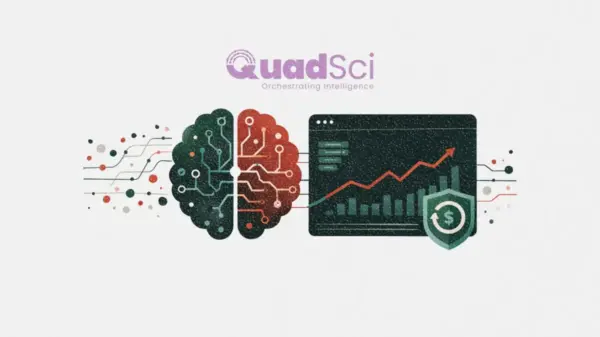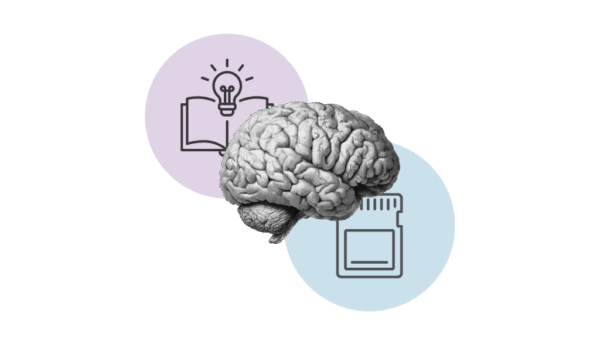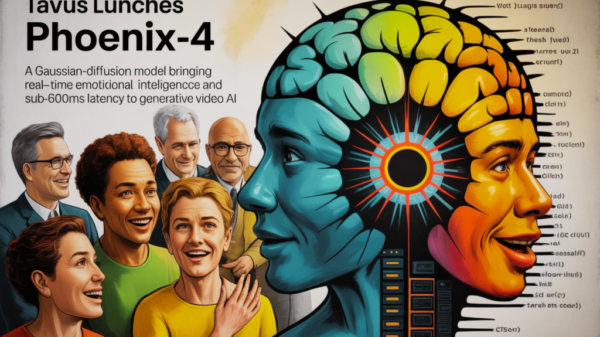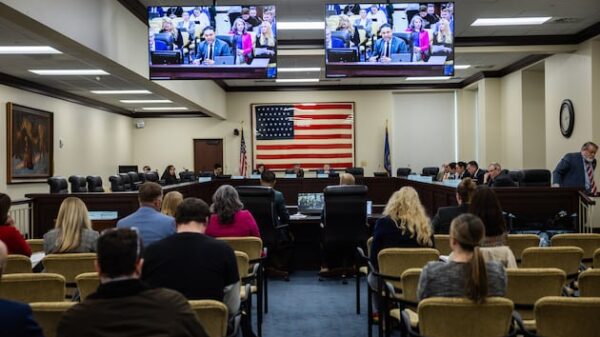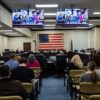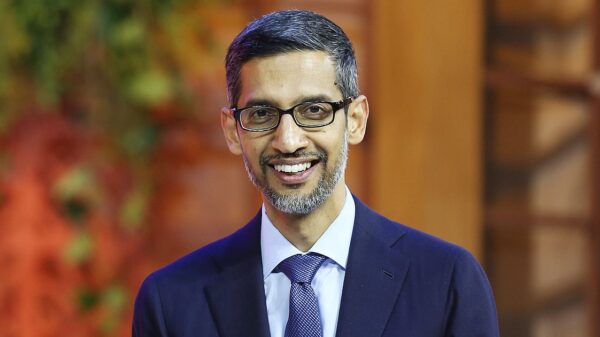U.S. President Donald Trump is considering an executive order that could significantly reshape the regulatory landscape for artificial intelligence (AI) in the United States. According to a report by The Verge, the order may be signed as early as this Friday and would grant the U.S. government unilateral authority to oversee AI regulations. Central to this initiative would be the establishment of an “AI Litigation Task Force,” which would be supervised by the Attorney General.
The draft of the order, as outlined in the report, indicates that this task force would be empowered to take legal action against states whose legislation is perceived as detrimental to the growth of the AI sector. Specific attention has been drawn to California’s newly enacted laws on AI safety and a Colorado statute aimed at preventing “algorithmic discrimination.” These state-level regulations could be challenged under the proposed federal authority, sparking concerns over potential conflicts between state and federal oversight.
Implications for the AI Industry
This move comes at a time when major companies in the AI field, such as Nvidia, AMD, Microsoft, Apple, Meta, Amazon, TSMC, CoreWeave, and Palantir, are increasingly navigating a complex landscape of regulatory scrutiny. The formation of the AI Litigation Task Force may provide these companies with a more streamlined approach to compliance, but it also raises questions about the potential for federal overreach.
With the task force’s authority to intervene in state legislation, the dynamics of regulatory compliance could shift, offering a more unified federal framework but potentially undermining local efforts to create tailored regulations that address unique regional challenges. The implications of these changes could reverberate throughout the AI community, influencing everything from product development to ethical considerations in AI deployment.
Broader Context and Future Considerations
As AI technologies continue to proliferate across various sectors, the urgency for cohesive regulatory frameworks has never been more pressing. This proposed executive order reflects a growing recognition of the importance of AI in the U.S. economy and its potential impact on job markets, privacy, and security.
The establishment of a federal authority could lead to a more consistent approach to AI regulation, which many industry leaders have advocated for to ensure that innovation is not stifled by a patchwork of state laws. However, this could come at the cost of local governance, which often acts as a testing ground for innovative regulatory practices.
As the situation unfolds, it will be crucial for stakeholders across the AI sector to engage in the discussion around these regulatory changes. How the balance is struck between fostering innovation and ensuring ethical compliance will shape the future trajectory of AI development in the United States and potentially set precedents for global regulatory practices.
In summary, the potential executive order adds another layer of complexity to the ongoing dialogue concerning AI governance. While it aims to promote growth within the sector, it simultaneously necessitates careful consideration of the implications for state and local regulations, as well as the broader AI community’s interests.
See also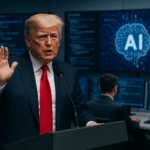 Trump’s Executive Order to Block State AI Laws with New Litigation Task Force
Trump’s Executive Order to Block State AI Laws with New Litigation Task Force Google Launches Major AI Engineering Centre in Taiwan, Strengthening Global Tech Ties
Google Launches Major AI Engineering Centre in Taiwan, Strengthening Global Tech Ties Accenture Report: 62% of Government Workers Believe AI Can Reduce Workloads
Accenture Report: 62% of Government Workers Believe AI Can Reduce Workloads RNIT AI Solutions Secures ₹3.52 Crore Order, Stock Jumps 9% Amid Digital Expansion
RNIT AI Solutions Secures ₹3.52 Crore Order, Stock Jumps 9% Amid Digital Expansion Government Partners with HD Hyundai to Boost AI in Shipbuilding Sector
Government Partners with HD Hyundai to Boost AI in Shipbuilding Sector










